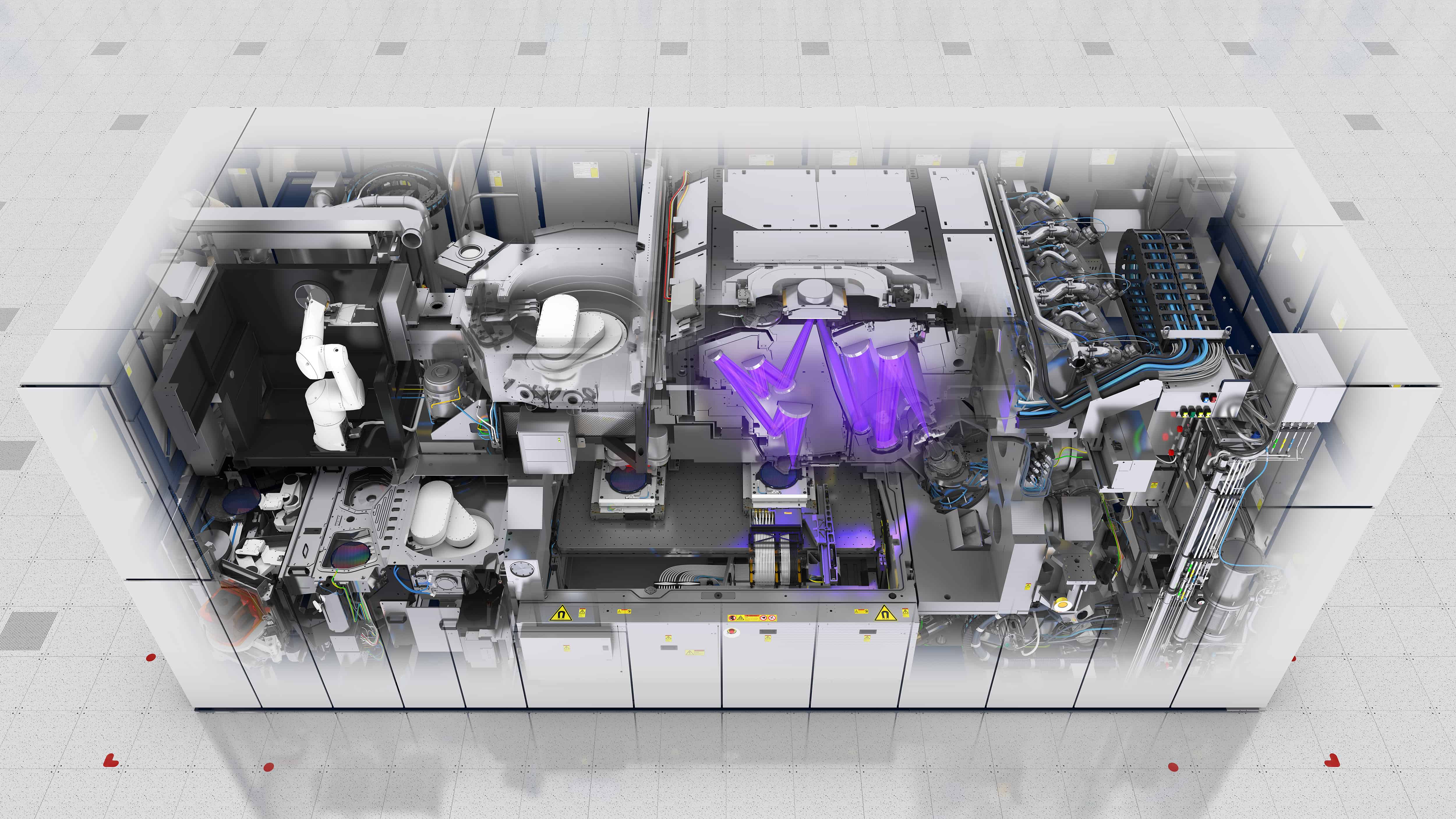
Apple and Microsoft are reportedly lobbying the European Union to keep their respective services, Bing and iMessage, off the list of ‘gatekeepers’ subject to new European regulations under the Digital Markets Act (DMA). The companies argue that these services aren’t large or powerful enough to warrant the restrictions of the DMA, which is designed to promote competition in the tech sector. If designated as ‘gatekeepers’, these services would be required to meet a range of interoperability and competition rules by March 2024. Microsoft claims Bing’s small share of the search market doesn’t justify ‘gatekeeper’ status, while Apple argues that iMessage does not meet the DMA’s user threshold of 45 million active monthly users.
- Apple and Microsoft are lobbying the EU to keep iMessage and Bing off the list of ‘gatekeepers’ under the new Digital Markets Act (DMA).
- Being designated a ‘gatekeeper’ would require iMessage and Bing to allow interoperability with rival platforms.
- The final EU decision on the ‘gatekeeper’ designations will set an important precedent for tech regulation.
A battle over definitions
The term ‘gatekeeper’ has taken on a new meaning in the realm of technology regulation. The European Commission, under the DMA, has defined ‘gatekeepers’ as those tech platforms that have over 45 million monthly active users and a market capitalisation of more than €75 billion. The DMA, enacted in November 2022, imposes stringent rules on these designated ‘gatekeepers’ to promote fair competition and to prevent favouritism towards their own services.
Now, Apple and Microsoft are challenging this designation, arguing that Bing and iMessage do not meet the criteria. Microsoft asserts Bing’s small market share, compared to the dominant Google, means it should be exempted. In fact, Bing has a market share of only 3%. Apple, on the other hand, maintains that iMessage doesn’t meet the user threshold, despite being a standard feature on all iPhones. Apple has not yet released user figures for iMessage, but external estimates suggest it could have up to a billion users worldwide.
The push for interoperability
One of the significant implications of the ‘gatekeeper’ label is the requirement for interoperability. If Apple’s iMessage and Microsoft’s Bing are designated as such, they will have to allow users access to rival platforms. In the case of Bing, this could mean offering users access to Google, its main competitor. For iMessage, it would mean having to interoperate with other messaging services.
This push for interoperability is a core principle of the DMA. It is designed to open up the tech industry and ensure fair competition. Messaging services such as Whatsapp, Facebook Messenger, and iMessage are required to open up and interoperate with smaller platforms. This allows users to exchange messages, send files, and make video calls across different apps.
The stakes and consequences
The stakes are high for both Apple and Microsoft. If the EU designates their services as ‘gatekeepers’, they will have to comply with these new rules or face substantial penalties. Non-compliance could result in fines of up to 10% of a company’s worldwide annual turnover.
Moreover, the debate over the ‘gatekeeper’ designation reflects broader concerns about the power of tech giants and the need for regulation. The DMA is part of a suite of EU laws designed to curb the power of these companies. The Digital Services Act, for instance, focuses on how platforms handle user data and moderation.
While the tech giants are challenging their inclusion in the ‘gatekeeper’ list, others have accepted their status. Amazon, Google, Meta, ByteDance, and Samsung have accepted the label, acknowledging that the provisions of the DMA apply to them.
A tense wait
With the European Commission set to publish the list of designated ‘gatekeepers’ soon, both Apple and Microsoft are waiting anxiously. If Bing and iMessage are viewed as separate entities, there is hope for Microsoft and Apple. But if they are seen as part of the tech giants’ empires, they will be subject to the stringent rules of the DMA. The final decision will set a precedent for future tech regulation and could reshape the digital economy in Europe.








